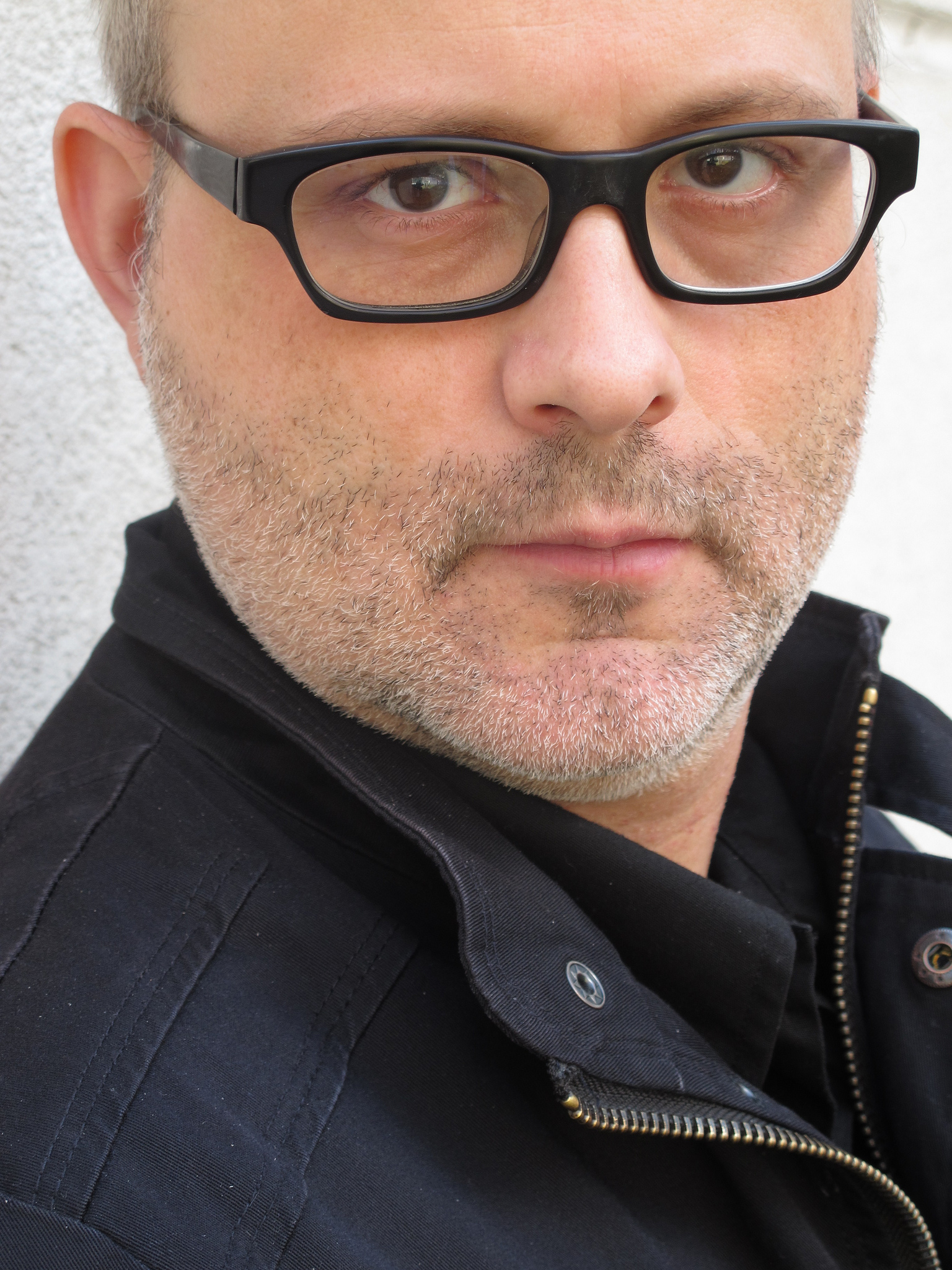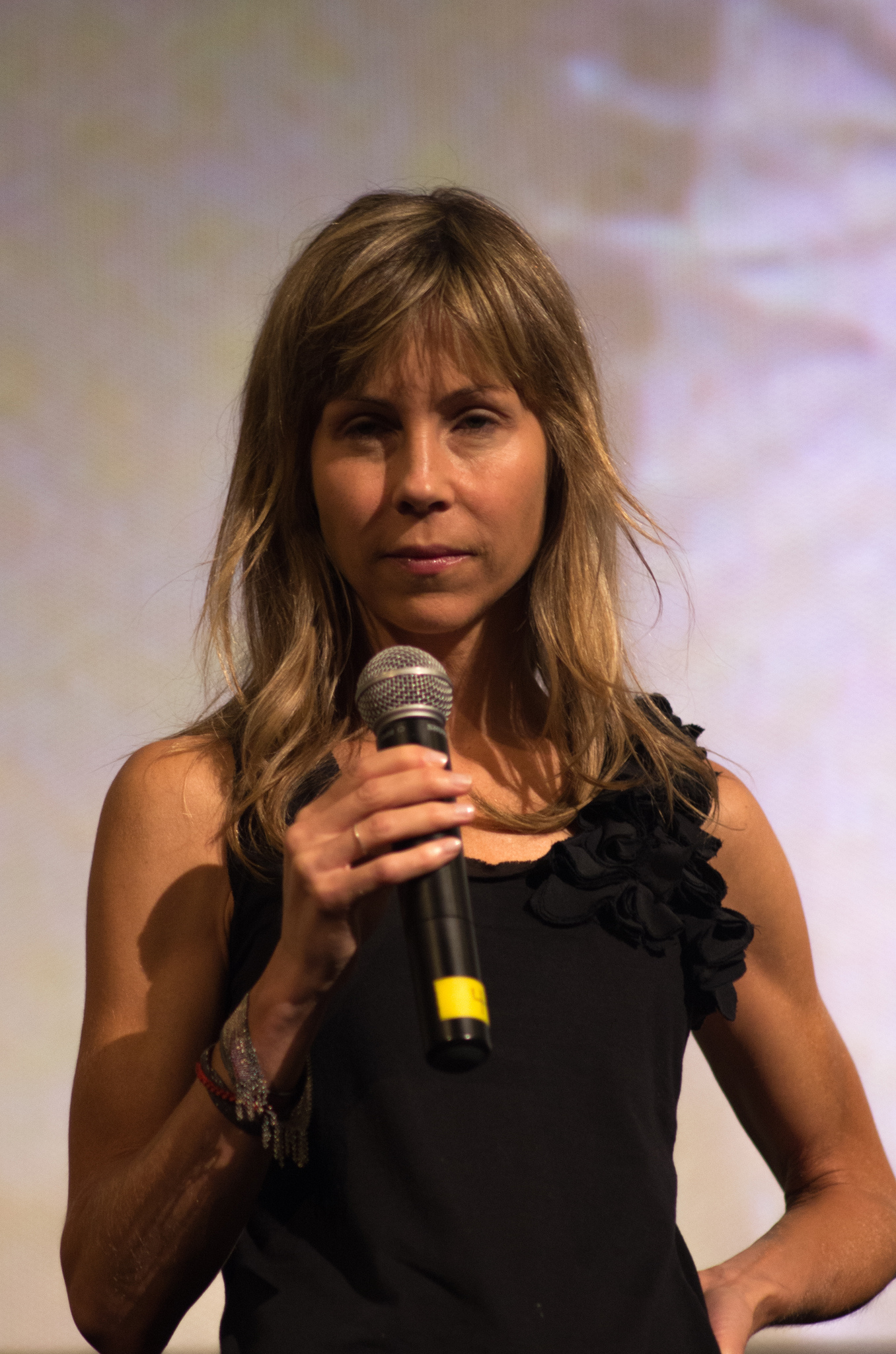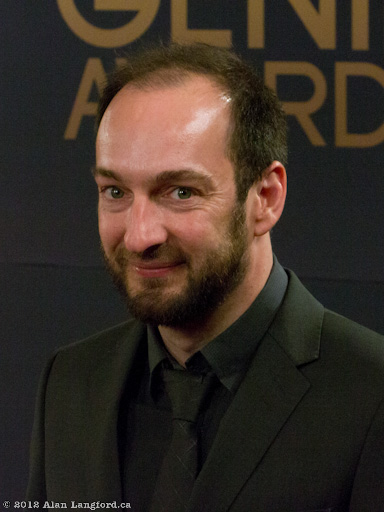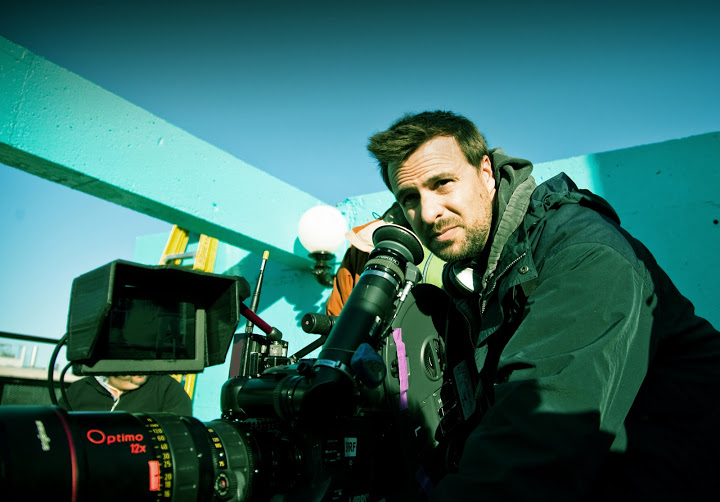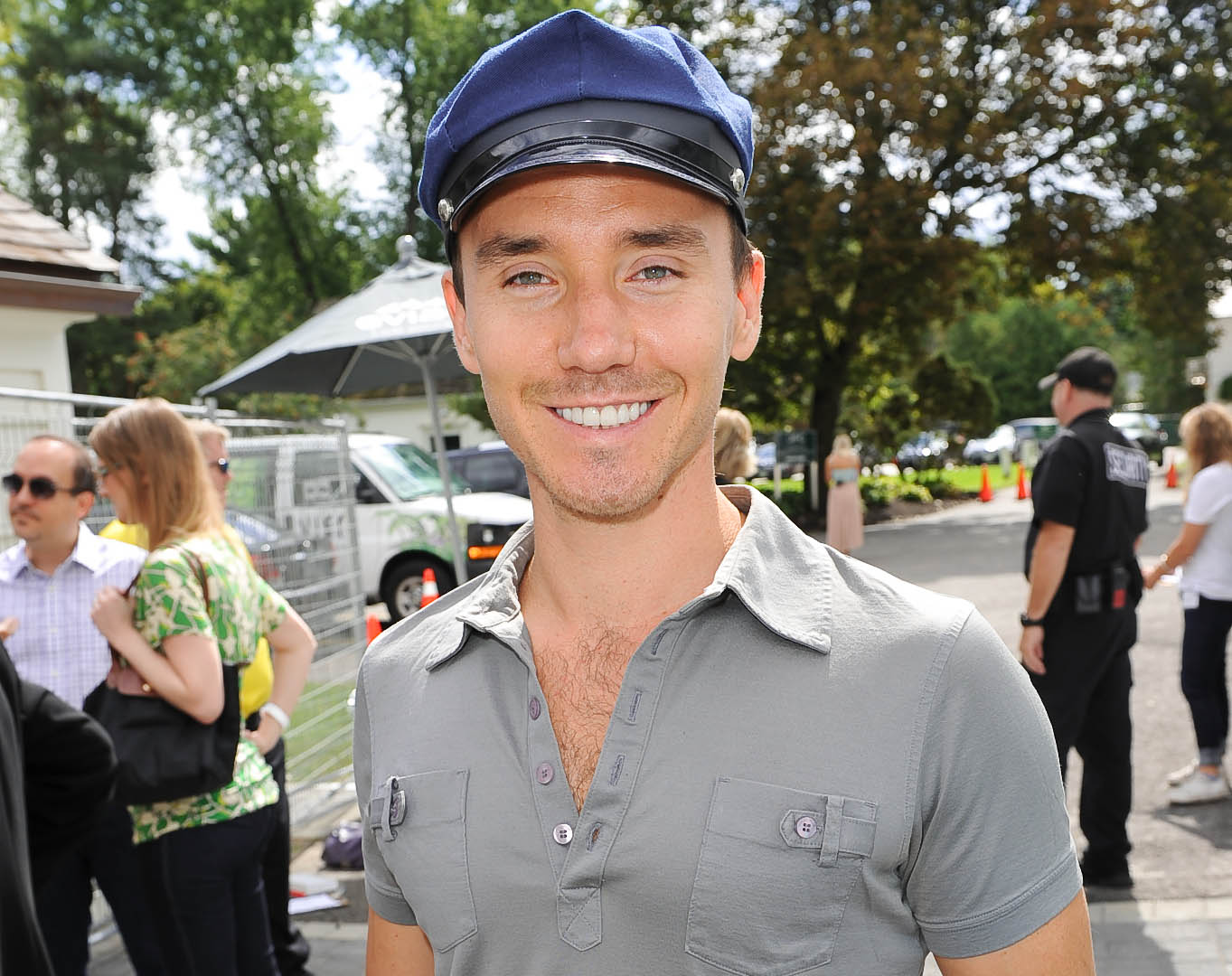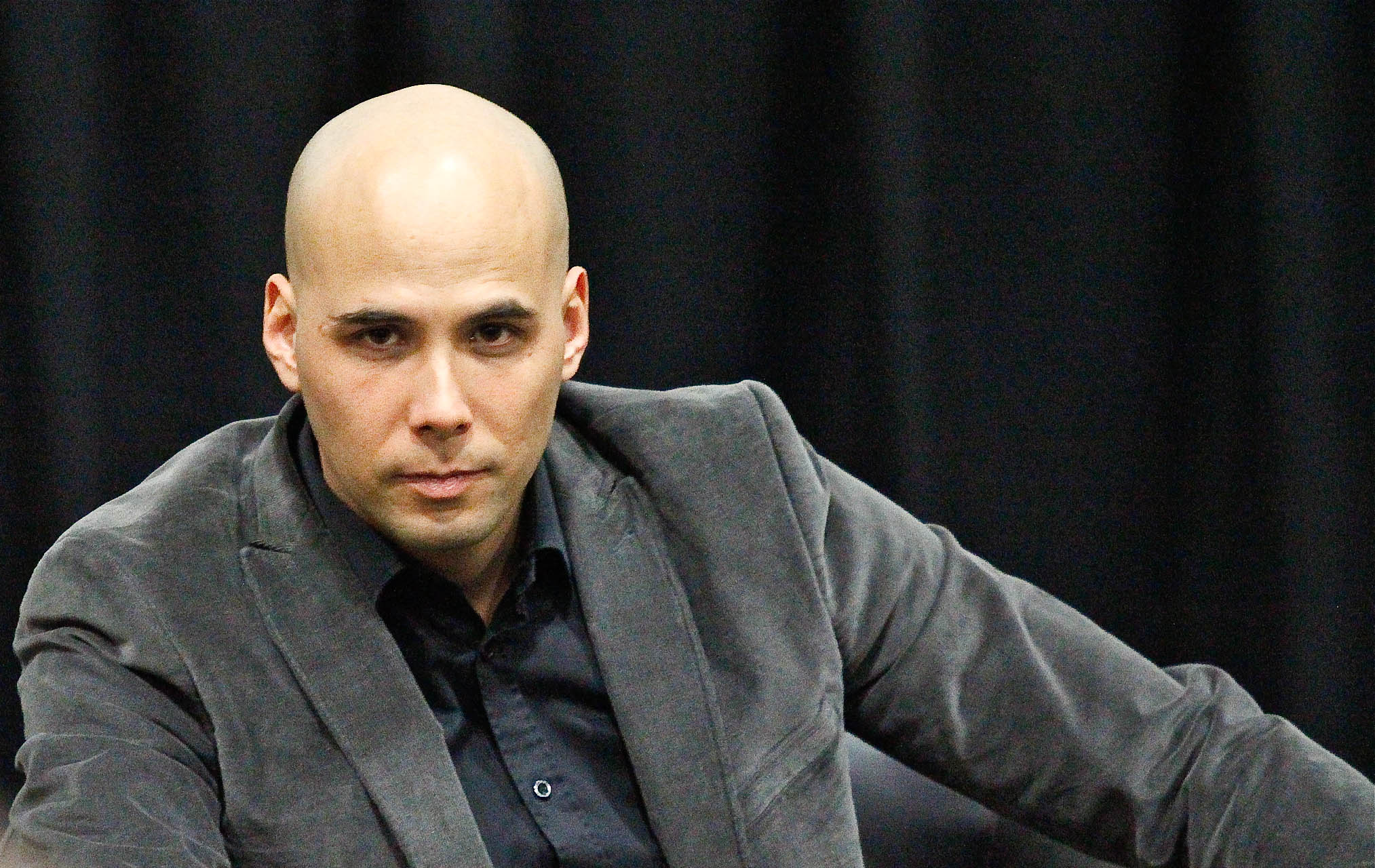In many ways, Canadian cinema is enjoying more success than ever. With the future looking so bright, we’ve compiled a list of the top ten filmmakers that best represent the new generation of Canadian cinema. Presented in alphabetical order, this list takes into account the critical reception, awards recognition, international profile and domestic box office success achieved by each director’s films, as well as the overall oeuvre they have so far established. The list runs the gamut from emerging artists with only a couple of features to their names, to industry veterans who’ve only recently begun directing, to child-stars-turned-directorial-dynamos. Their films represent the broad appeal that Canadian cinema is capable of achieving — a mix of populist popcorn movies, auteurist art cinema, historical period pieces, DIY indie efforts and grassroots social activism.

Louise Archambault
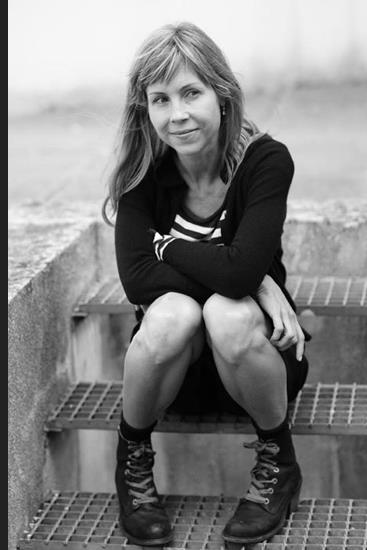
Louise Archambault has cut an impressive figure in contemporary Québécois cinema, writing and directing films that combine a neo-naturalistic style with an old-fashioned sense of character and narrative. Complex and sensitive, touching and uplifting, her films typically centre on strong-willed women who don’t conform to society’s norms. Her second film, Gabrielle (2013), won international acclaim, a Canadian Screen Award for Best Motion Picture, and Jutra Awards for Best Screenplay and Director.
Background
Archambault considered going into medical school before deciding to become a filmmaker and landing a job as a sound trainee on the popular Radio-Canada TV series Lance et compte (He Shoots, He Scores, 1986–88). She studied film production at Concordia University and then worked in a variety of positions, including as an assistant director on Jean-Marc Vallée’s Liste noire (1995).
She joined Roger Frappier’s Max Films in 1998 and was the cinematographer on Manon Briand’s bicycle-racing drama 2 secondes (1998).After graduating with a master’s degree in Fine Arts from Concordia, Archambault directed her first short, Atomic Saké (1999). It screened at dozens of international festivals and won the Jutra Award for Best Short Film. Her debut feature Familia (2005) won the award for Best Canadian First Feature Film at the Toronto International Film Festival (TIFF). Italso received the Claude Jutra Award for best first feature, and earned Archambault Genie nominations for screenplay and direction.
Films
Familia (2005), Gabrielle (2013)
Fun Fact
Gabrielle features a mostly non-professional cast, many of them from the special needs arts centre where the film takes place.
Denis Côté
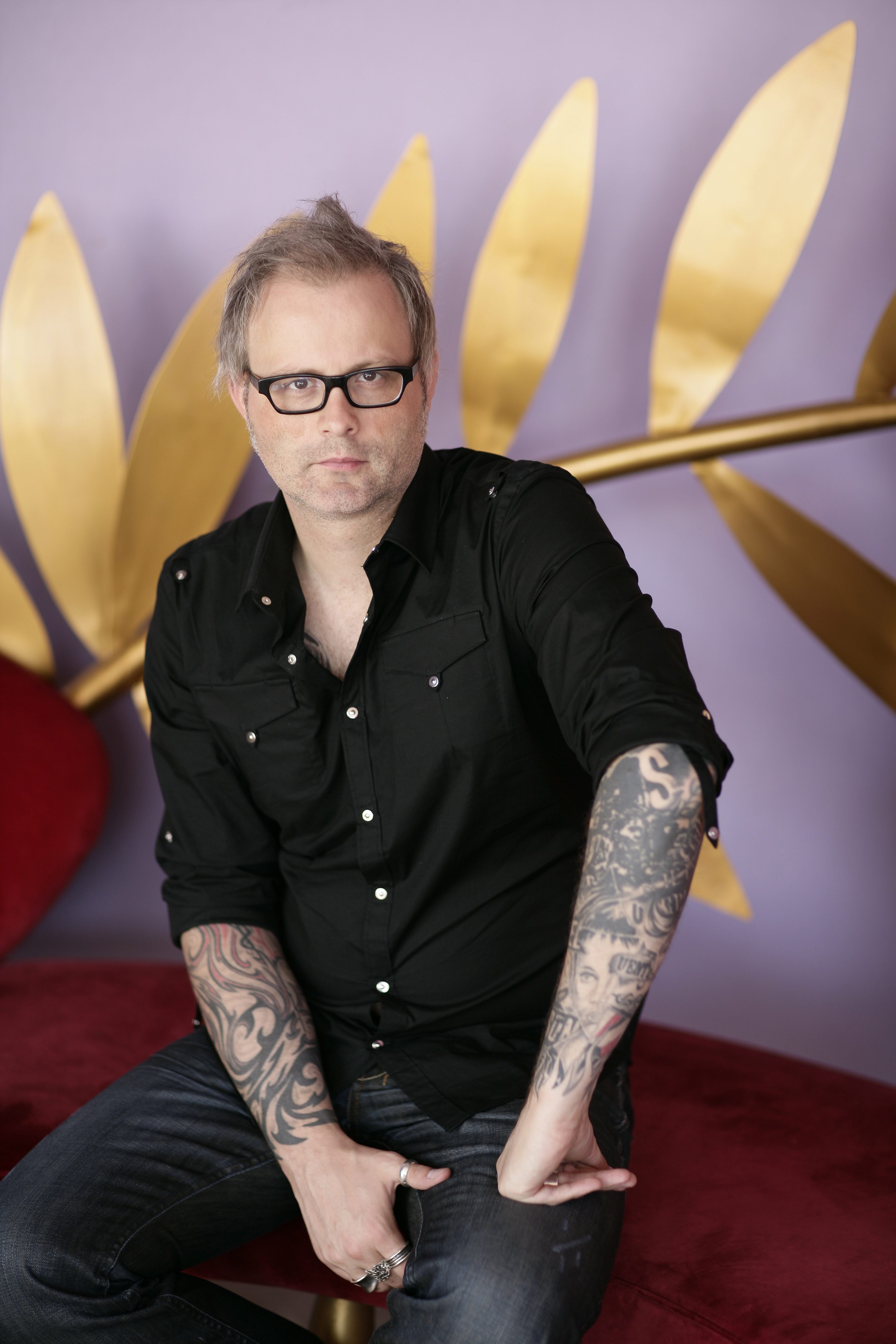
An uncompromising and prolific maverick who challenges audiences rather than offering them crystal clear, classically structured narratives, Denis Côté has won acclaim and awards in Canada and internationally for his independent features and documentaries. Côté’s films are starkly minimalist, strangely poetic, dryly funny and thematically enigmatic. His deadpan style and marginalized characters have earned him an international reputation as one of Canada’s leading auteurs.
Background
Often referred to as a film critic who became a filmmaker, Côté was actually making movies long before he began reviewing them. An acerbic critic with the now defunct alternative weekly ici, Côté showed little interest in mainstream commercial releases (“I would give a full page to an Abbas Kiarostami film and a paragraph to Spiderman”), and distributors were pulling ads because of his no-holds-barred reviews. He decided to pursue deeper dreams and devote himself entirely to moviemaking.
Films
Les États nordiques (2005), Nos vies privée (2007), Elle veut le chaos(2008), Carcasses (2009), Curling (2010), Bestiaire (2012), Vic + Flo ont vu un ours (Vic + Flo Saw A Bear,2013), Que ta joie demeure (2014)
Memorable Quotes
“You’re going to laugh, but my entire film budget since 1997 — for five features and 15 shorts — totals $2.2 million. Curling cost $1 million.”
“My films are not about narration. In contrast to so much of what is done in Québec — I mean, we're a country of storytellers here — I'm not obsessed with the narrative elements of cinema. But most people think that's the only thing in a film. I'm searching for other things.”
Xavier Dolan

A precocious practitioner of auteurist art cinema, Xavier Dolan went from child actor to filmmaking wunderkind, garnering international acclaim at age 20 for his debut feature. His next four films were all completed by the time he was 25. They won numerous awards — including six at the Cannes Film Festival — and further established him as one of international cinema’s most promising and prolific young filmmakers.
Background
Dolan began his acting career at age four, appearing in commercials, television series and films. He left school to pursue a career as an actor. At age 19, he invested $150,000 of his own savings into the production of his first feature film, J’ai tué ma mère, but ran out of money halfway through filming. After his distributor and producer backed out of the project, veteran production manager Carole Mondello came onboard and helped Dolan secure funds from SODEC to complete the film, which won three awards at the Cannes Film Festival and became a sensation on the international festival circuit.
Films
J’ai tué ma mère (I Killed My Mother, 2009), Les amours imaginaires (Heartbeats, 2010), Laurence Anyways (2012), Tom à la ferme (Tom at the Farm, 2013), Mommy (2014)
Fun Fact
Dolan has worked extensively as a voice actor, dubbing French dialogue into films and TV series distributed in Québec. He voiced Ron Weasley in the Harry Potter movies, Jacob Black in the Twilight series, the male leads in How to Train Your Dragon and The Hunger Games, and Stan in South Park.
Memorable Quotes
“There’s no such thing as queer cinema. My generation has sexual, sensual and sentimental boundaries that are completely different from those of the generations that precede us… These movies are not fights for rights, they’re movies.”
Michael Dowse
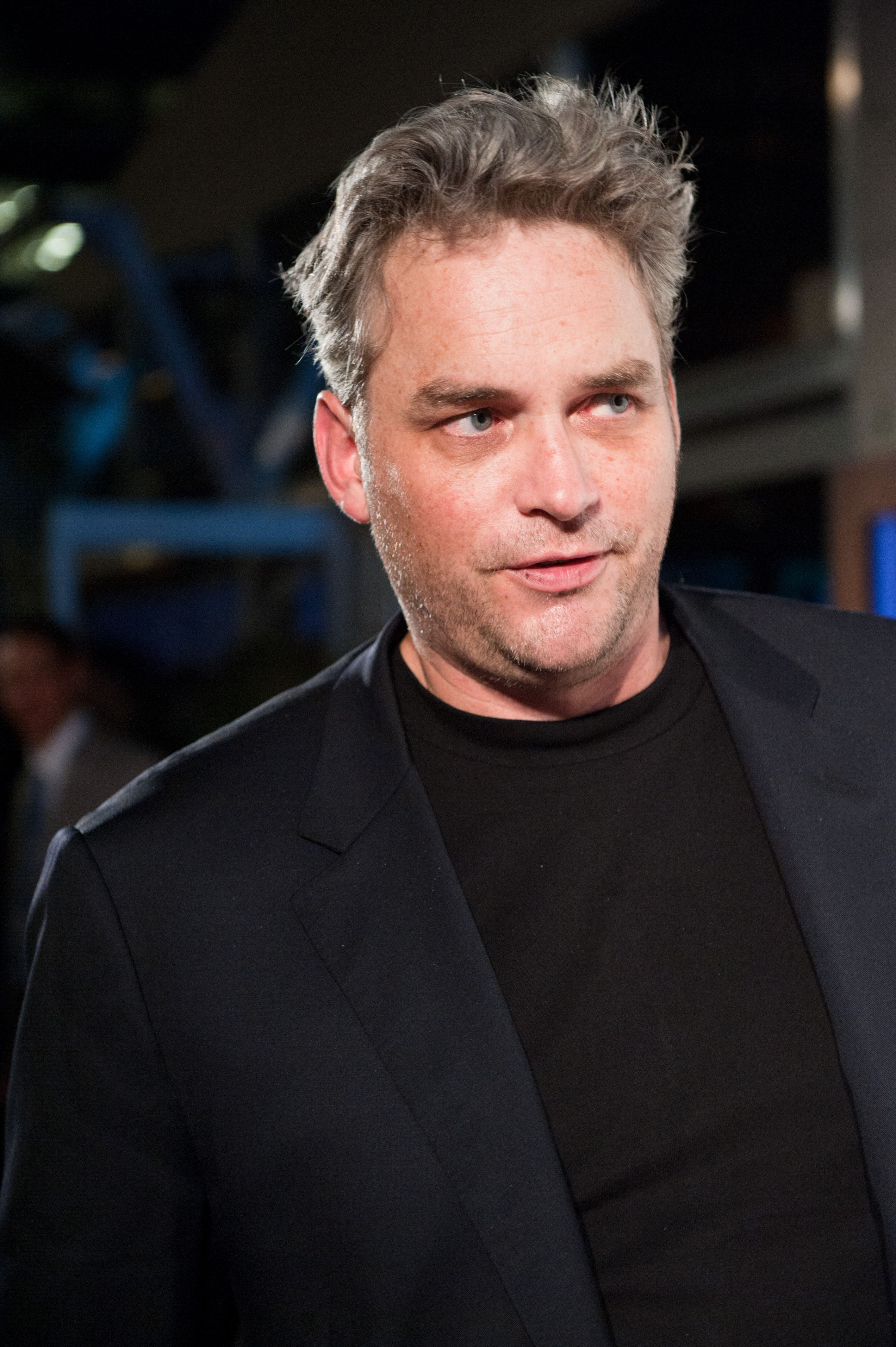
Michael Dowse is a populist director who has moved steadily from independently produced comedies to commercial movies with Hollywood stars. Arguably his generation’s best director of English Canadian comedies, he is skilled at blending broad, crowd-pleasing comedy with a more heartfelt character study. The National Post has called him a “deft auteur” who “might be North America’s funniest director” but remains “a thoroughly underappreciated filmmaker.”
Background
While studying Communications at the University of Calgary, Dowse worked as an editor at the campus television station, NUTV, which gave him access to production and editing equipment for his own projects. After becoming involved with the Calgary Society of Independent Filmmakers (CSIF), he won the National Screen Institute’s 1999 Drama Prize, which allowed him to write, direct and edit his first short film, 237 (2000). He then directed music videos for The New Pornographers and the Calgary band Chixdiggit.
Films
FUBAR (2002), It’s All Gone Pete Tong (2004), FUBAR II (2010), Take Me Home Tonight (2011), Goon (2011), The F Word (2013)
Fun Facts
Dowse was roommates with The New Pornographers’ A.C. Newman and edited his first feature, the cult hit FUBAR, in Newman’s apartment. Newman composed the music for The F Word, starring Daniel Radcliffe, which was edited to include a new ending and renamed What If in order to secure a PG-13 rating in the United States.
Memorable Quote
On his films: “There’s a Canadian sense of humour that infuses them, for sure. An outsider’s take on things. Sort of a sardonic look at subcultures.”
Kim Nguyen

Kim Nguyen has gained international recognition for his films, which are known for their atmospheric visual style, and elements of fantasy and magic realism. He is perhaps best known for his fourth feature, Rebelle (War Witch, 2012), a harrowing portrait of child soldiers in sub-Saharan Africa. It received numerous honours including 10 Canadian Screen Awards and eight Jutra Awards — including trophies for best director and screenplay at both galas — and an Academy Award nomination for Best Foreign Language Film.
Background
The son of a Québécois mother and an engineer father who emigrated from Vietnam, Nguyen (pronounced “win”) studied film at Concordia University, earned a master's degree in cinematography from the Université de Montréal, and trained as a screenwriter.
Films
Le Marais (The Marsh, 2002), Truffe (2008), La Cité (The City of Shadows, 2010), Rebelle (War Witch, 2012)
Fun Facts
Nguyen shot Rebelle entirely in the Democratic Republic of Congo, where the crew often travelled with an armed convoy to ensure their safety. It was the first acting experience for most of the Congolese participants. Nguyen shot the film chronologically and didn’t share the script with the actors; he gave them their scenes a day at a time to capture a sense of fear and uncertainty.
Memorable Quote
“They say that you should write about what you know, and people would say that I knew nothing about child soldiers. I would say that one must write about what one feels, rather than what one knows. Research can come afterwards.”
Sarah Polley

One of Canada's most talented and well-known actors, Sarah Polley is also an acclaimed director and a committed political activist. After choosing to pursue a career in Canadian and independent films rather than embracing Hollywood stardom, she embarked on a highly successful second career as a writer-director with such award-winning films as Away from Her (2006) — for which she became the first woman to receive a Genie Award for best director — Take This Waltz (2011) and Stories We Tell (2012).
Background
In 2001, she attended the Canadian Film Centre’s Director’s Lab. Her second short, I Shout Love (2001), won a Genie Award for Best Live Action Short Drama. Her first feature, Away from Her, earned her an Academy Award nomination for Best Adapted Screenplay. It also won the Claude Jutra Award for best debut feature and six major Genie Awards, including Best Motion Picture, Adapted Screenplay and Achievement in Direction.
Her next film, Take This Waltz, was named one of Canada’s Top Ten features of the year by TIFF, as was her next film, the highly personal documentary Stories We Tell (2012). In addition to winning the Genie Award for Best Feature Length Documentary, Stories We Tell was named best documentary of the year by the Directors Guild of Canada, the Los Angeles Film Critics Association, the US National Board of Review, the New York Film Critics Circle and the Toronto Film Critics Association, which also awarded it the $100,000 Best Canadian Film prize.
Fun Facts
She backed out of Cameron Crowe’s Almost Famous (2000) to star in John Greyson’s The Law of Enclosures (2000) and turned down the female lead in The Bourne Identity (2002).
Memorable Quote
“I’m not designed to be famous. My personality is completely wrong for it.”
Daniel Roby

Daniel Roby’s skill at working in a variety of different styles and genres displays an impressive directorial range. His first film, the genre-bending horror film La Peau Blanche (White Skin, 2004), won several major prizes including the Claude Jutra Award for best Canadian debut feature and Best Canadian First Feature Film award at the Toronto International Film Festival (TIFF). His next two films, the disco drama Funkytown (2011) and the historical biopic Louis Cyr (2013), about world-famous strongman Louis Cyr, were both box office hits in Québec; the latter won nine Jutra Awards, including Best Film and the Golden Ticket Award as the highest grossing Québec film of 2013.
Background
A graduate of Concordia University and the University of Southern California, Roby started his career as a director of photography and camera operator on numerous television and film projects in addition to working on commercials. After founding his own production company, Zone Films, he developed and produced five short films that toured the festival circuit. La Peau Blanche’s critical success, as well as its sale to 12 international markets, brought Roby to the attention of American agents. He signed with the ICM talent agency in Los Angeles to develop new projects.
Films
La Peau Blanche (White Skin, 2004), Funkytown (2011), Louis Cyr (2013)
The first Québécois feature since Érik Canuel’s Bon Cop, Bad Cop (2006) to use both English and French dialogue, Funktyown became the subject of much debate when La Presse columnist Nathalie Petrowski argued that it was not truly bilingual because it featured too much English.
Ken Scott

Ken Scott worked as a comedian and actor before writing several of the most accessible and appealing French-Canadian films of the early 21st century. His intricately written commercial comedies La grande séduction (Seducing Doctor Lewis, 2003) and Starbuck (2011), which he directed, topped the Canadian box office in their respective years and have been remade in different languages around the world.
Background
Raised in a bilingual household in Laval, Québec, Scott received a certificate in screenwriting from the Université du Québec à Montréal in 1991 and appeared as a member of the popular comedy troupe Les Bizarroids. His first screenplay, a slapstick comedy called La vie après les amour (2000), was a hit and earned him his first Jutra Award nomination for screenwriting.
He then wrote the screenplay for La grande seduction, which won major awards at several international film festivals, including an Audience Award at Sundance, and the Golden Ticket Jutra Award for grossing nearly $8 million at the box office. He also wrote the script for the “Rocket” Richard biopic Maurice Richard (The Rocket, 2005). Starbuck (2011), a comedy he directed starring Patrick Huard as a man who has unknowingly fathered 533 biological children via donations to a sperm bank, won the Golden Reel Award as the highest-grossing Canadian feature of 2011 and earned Scott a Genie Award for Best Screenplay.
Films as Director
Les Droits croches (Sticky Fingers, 2009), Starbuck (2011), Delivery Man (2013)
Fun Facts
Scott directed the Hollywood remake of Starbuck, Delivery Man (2013), starring Vince Vaughn. Starbuck was also remade in India as Vicky Donor (2012) and in France as Fonzy (2013).
Rob Stewart

Fascinated since childhood by underwater life and photography, Rob Stewart combined his passions in the hit documentaries Sharkwater (2006) and Revolution (2012), which set box office records in Canada and established him as a skilled and ecologically-minded non-fiction filmmaker.
Background
Stewart is the son of Brian and Sandra Stewart, the co-founders of Tribute Entertainment Media Group. He travelled with his family on vacations to the Caribbean, where he developed a fascination with sharks, capturing and keeping them in his hotel bathtub. At age 13, he began taking photographs underwater. He received a Bachelor of Science degree in Biology from the University of Western Ontario, and studied Marine Biology and Zoology at universities in Kenya and Jamaica.
After working freelance as an underwater photographer and as the chief photographer for the Canadian Wildlife Federation’s family of publications, he made his debut feature, Sharkwater (2006), which received a Genie nomination for Best Documentary. It set a record for the highest opening-weekend gross by a Canadian documentary and enjoyed wide international distribution, becoming one of the highest-grossing Canadian documentaries of all time. His next film, Revolution (2012), won awards at major film festivals and set a record for the second highest opening-weekend gross by a Canadian documentary, behind Sharkwater.
On 31 January 2017, Stweart drowned while scuba diving in the Florida Keys, shooting footage for his next film, Sharkwater: Extinction. He was 37. The Canadian Screen Award for Best Science or Nature Documentary Program or Series was renamed in his honour.
Fun Facts
Following the release of Sharkwater, over 80 countries banned shark finning practices. Stewart has lectured on the environment in a number of different forums and venues, including Yale University and the Royal Ontario Museum. He spent July 2014 cycling across France in a spandex shark costume to raise money for the UK-based charity Big Change.
Ingrid Veninger
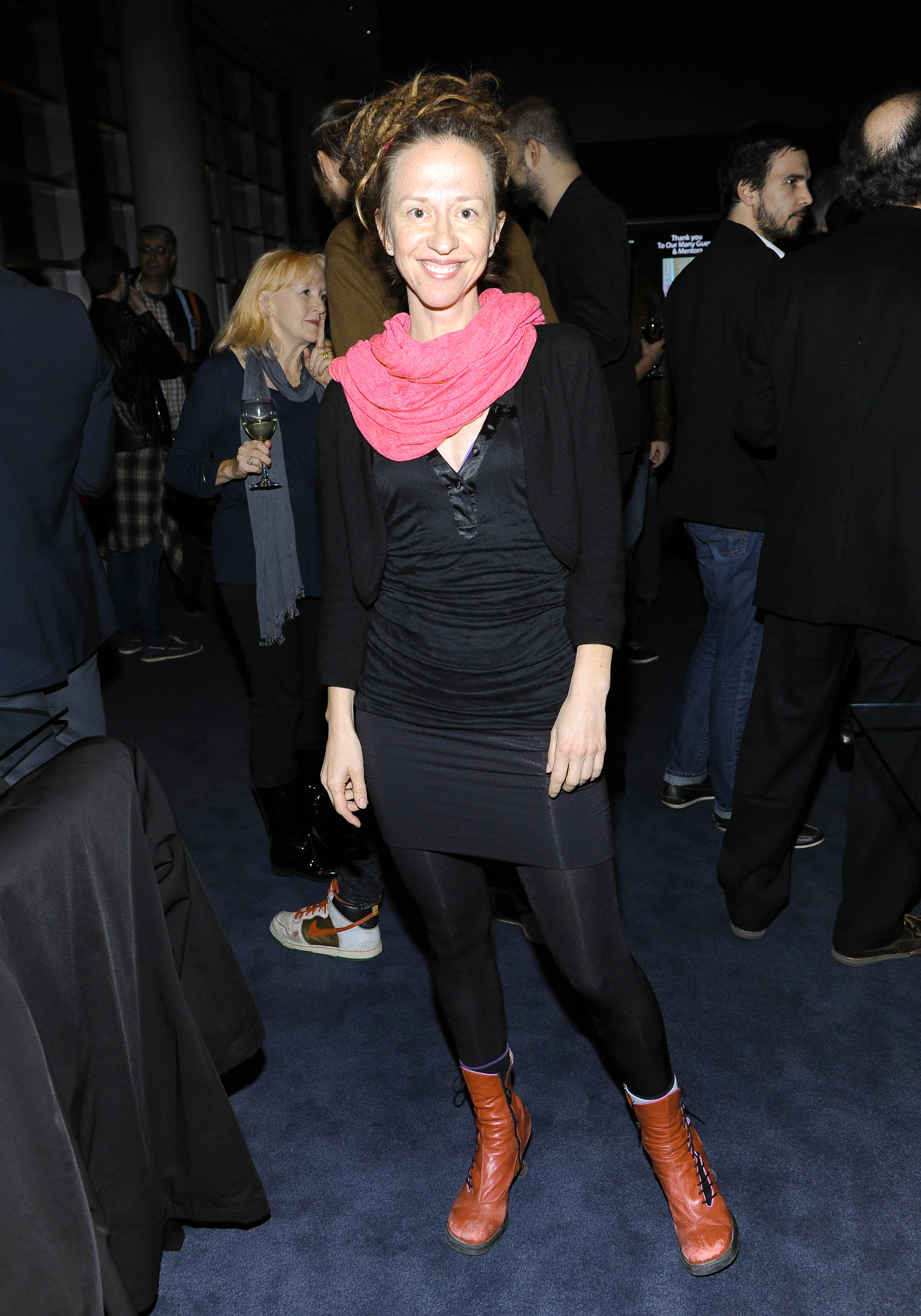
The DIY queen of Canadian filmmaking, Ingrid Veninger began as an actress before producing award-winning dramas and documentaries, and then writing and directing her own shorts and features. Heralded by the Canadian Film Institute’s Tom McSorley as “one of Canada’s most dynamic, perceptive and prolific film talents,” she emerged by the early 2010s as a major force on the Canadian indie-film scene.
Background
Veninger began acting in her teens, appearing in a number of films and television series, including the CBC comedy-drama Airwaves (1986–87). In 1989, at age 21, she branched out into producing by optioning the rights to Margaret Atwood’s novel Cat’s Eye. She also worked as an assistant director on Atom Egoyan’s The Adjuster, (1991) and produced Jeremy Podeswa’s Gemini-nominated Jane Siberry documentary, Standards (1992), Peter Mettler’s northern lights documentary, Picture of Light (1994), and his acclaimed Gambling, Gods and LSD (2002), which won the Genie Award for Best Documentary.
Films as Director
Only (2008), Modra (2010), i am a good person/i am a bad person (2011), The Animal Project (2013)
Fun Fact
Accepting a prize for The Animal Project at the Whistler International Film Festival, Veninger solicited the audience for donations to help fund a new writing lab for female screenwriters. Academy Award-winning actress Melissa Leo pledged $6,000 on the spot.
Memorable Quote
"I like to find any of the young filmmakers coming out of York, Ryerson, George Brown, Seneca or wherever, because they're looking for experience. I can't make anyone rich, but I can promise them an adventure."
Honourable Mention
Did we mention how bright the future of Canadian cinema looks? Narrowing this list down to 10 filmmakers wasn’t easy. Here are some of the other talented young Canadian filmmakers whose work is well worth checking out.
Honourable Mention:
Anaïs Barbeau-Lavalette, Jeff Barnaby, Jason Buxton, Daniel Cockburn, Yung Chang, Anne Émond, Lixin Fan, Alexandre Franchi, Yves-Christian Fournier, Daniel Grou (aka Podz), Emanuel Hoss-Desmarais, Julia Kwan, Stéphane Lapointe, Richie Mehta, Nathan Morlando, Ruba Nadda, Charles Officer, Sebastien Pilote, Chloé Robichaud, Peter Stebbings and Jacob Tierney
Interested in learning more about Canadian cinema? See these related entries:

 Share on Facebook
Share on Facebook Share on X
Share on X Share by Email
Share by Email Share on Google Classroom
Share on Google Classroom

